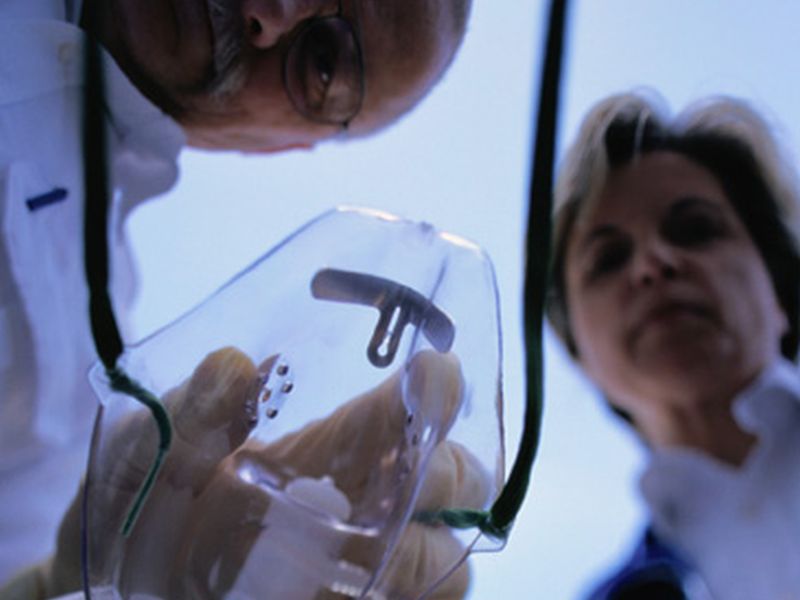General anesthetic may harm the developing brains of fetuses and children younger than 3 years old
16 December, 2016
FDA Issues Anesthesia Warning for Pregnant Women, Kids Under 3. By Robert Preidt. medlineplus.gov December 14, 2016. A long time under or repeated episodes of sedation may pose risk to developing brains, agency says. Repeated or lengthy use — longer than three hours — of general anesthetic and sedation drugs may harm the developing brains of fetuses and children younger than 3 years old, the U.S. Food and Drug Administration warned Wednesday. After reviewing the latest published studies, the agency announced that these warnings need to be added to the labels of these drugs.

The agency also issued a Drug Safety Communication to inform health care providers, parents and caregivers of the potential danger.
"We recognize that in many cases these exposures may be medically necessary, and these new data regarding the potential harms must be carefully weighed against the risk of not performing a specific medical procedure," Dr. Janet Woodcock said in an agency news release. She is director of the FDA’s Center for Drug Evaluation and Research.
"Parents and caregivers are often concerned when their young child requires a medical procedure for which anesthesia or sedation drugs are necessary. Understandably, there are many questions, including whether the drugs are safe for their child," she said.
"Pregnant women who must undergo medical procedures that require anesthesia or sedation drugs have similar concerns," Woodcock added.
In 2010, the FDA formed a partnership with the International Anesthesia Research Society to fund research to learn more about the use of these drugs in young children and pregnant women.
"We hope that this information helps enable the most informed medical decisions possible about the use of anesthesia in young children and pregnant women," Woodcock said.
"We will continue to work collaboratively to leverage our collective resources to address this important issue, and we will update the public with additional information, as it becomes available," she said.
SOURCE: U.S. Food and Drug Administration, news release, Dec. 14, 2016
HealthDay
